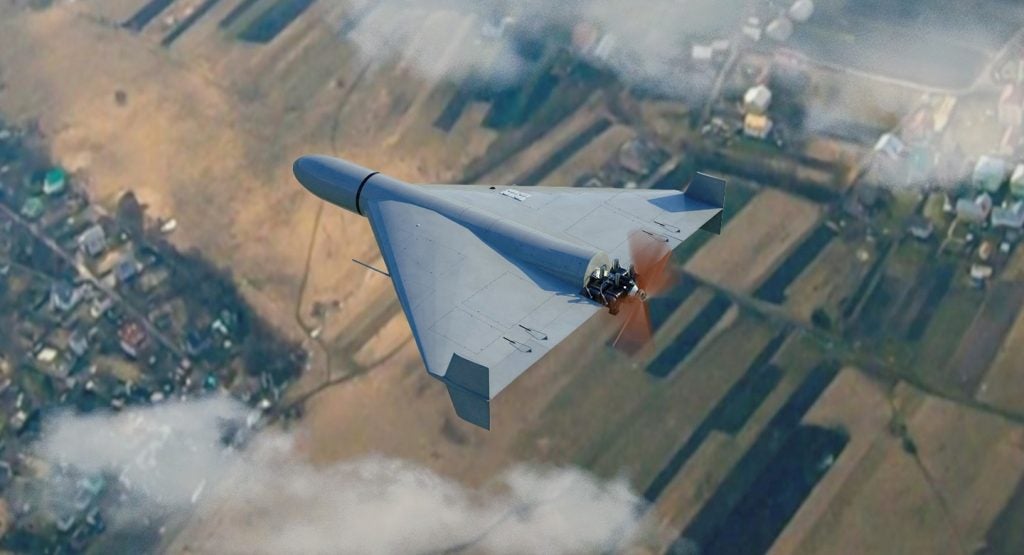The US Defense Advanced Research Projects Agency (DARPA) is developing a helmet to ease stress during war and improve soldiers’ battlefield awareness.
The helmet is studded with implants to stimulate the brain by sending what DARPA labels “transcranial pulsed ultrasound” waves into the brain from an outer device.
In charge of the project is Dr William Tyler of Arizona State University, who said the device remotely and directly stimulated brain circuits without any surgery.
The technology can also make a soldier less vulnerable to pain by applying effects on circuits deep within the brain.
The device can aim at deep regions within the brain, which are as tiny as two or three millimetres.
Dr Tyler told Wired that, rather than being invasive, the solution could actually help a soldier avoid irreversible traumatic brain injuries (TBI).
How well do you really know your competitors?
Access the most comprehensive Company Profiles on the market, powered by GlobalData. Save hours of research. Gain competitive edge.

Thank you!
Your download email will arrive shortly
Not ready to buy yet? Download a free sample
We are confident about the unique quality of our Company Profiles. However, we want you to make the most beneficial decision for your business, so we offer a free sample that you can download by submitting the below form
By GlobalData“It’s the metabolic damage, the free radicals and the swelling that are happening in the hours afterward [after a TBI],” he said.
“If you can flick your remote and trigger an immediate intervention, you’d be curbing what might otherwise be lifelong brain damage.”







